“In the real world, which is experiencing the Fourth Industrial Revolution—where even the average modern car contains roughly 150 million lines of code—the importance of software is undebatable.”
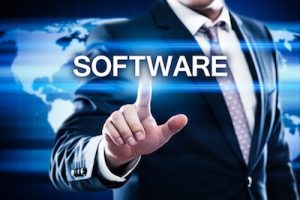 It has been more than two years since I last wrote here that the U.S. Supreme Court’s 2014 Alice Corp. v. CLS Bank decision has left the IP bar without a clear and reliable test to determine when exactly a software (or computer-implemented) claim is patentable versus being simply an abstract idea “free to all men and reserved exclusively to none.”
It has been more than two years since I last wrote here that the U.S. Supreme Court’s 2014 Alice Corp. v. CLS Bank decision has left the IP bar without a clear and reliable test to determine when exactly a software (or computer-implemented) claim is patentable versus being simply an abstract idea “free to all men and reserved exclusively to none.”
It is now mid-2019, and the USPTO’s newest Section 101 guidelines interpreting Alice—and the accompanying examples—have not cleared the confusion, and Alice continues to distract the USPTO, courts, and practitioners from focusing properly on Sections 102 (novelty) and 103 (obviousness). The net effects still being increased cost, lower patent quality, lower patent portfolio valuations, wasted patent reform lobbying dollars and, in many instances, the denial of patent protection for worthwhile software inventions.
Meanwhile, in the real world, which is experiencing the Fourth Industrial Revolution—where even the average modern car contains roughly 150 million lines of code—the importance of software is undebatable:
- The U.S. software market was valued at approx. USD 1.6 trillion in 2019. [CompTIA, IT Industry Outlook 2019]
- In 2018, the global M&A activity in the Software & Internet Services space reached USD 340 billion, representing over 3,535 deals. [IMAA, M&A Statistics]
- In 2018, approximately 11.8 million U.S. workers were part of the technology workforce, 67% of those in core technology positions (e.g., IT support, network engineering, software development, and related roles). [CompTIA, Cyberstates 2019]
- In 2018, computer science and computer engineering-related college majors ranked in the top 20 for salary potential, with median mid-career (i.e., 10+ years of experience) salaries of over USD 120,000. [PayScale, Highest Paying Jobs With a Bachelor’s Degree]
- In 2017, there were 71,420 Bachelor’s degrees, 46,555 Master’s degrees, and 1,982 Ph.D.’s awarded in the U.S. in computer and information sciences. [National Center of Educational Statistics, Table 325.35]
- “Software engineer” was the most popular job applied for by Bachelor’s degree graduates from the class of 2018, and the position for which most of such graduates were hired. [LinkedIn, The most popular job among recent college grads pays $83,000 per year]
- “Employment of software developers is projected to grow 24 percent from 2016 to 2026, much faster than the average for all occupations. … The main reason for the rapid growth in both applications developers and systems developers is a large increase in the demand for computer software.” [U.S. Bureau of Labor Statistics, Occupational Outlook Handbook, Software Developers]
Given these facts, I once again sought to determine what percentage of USPTO-issued utility patents are “software related”? To define what patents are “software related,” I utilized the same methodology employed by the United States Government Accountability Office in a 2013 report to Congress. That report relied on certain United States Patent Classification (USPC) classes and subclasses of applications most likely to include software-related claims as selected by expert advisors to the USPTO. Now, with the assistance of IP services firm Clairvolex (and after converting from the USPC system to the Cooperative Patent Classification (CPC) system), the data set was updated. The results? By 1Q2019, over 60.9% of issued U.S, utility patents were “software related” (up 10% from all of 2018)!
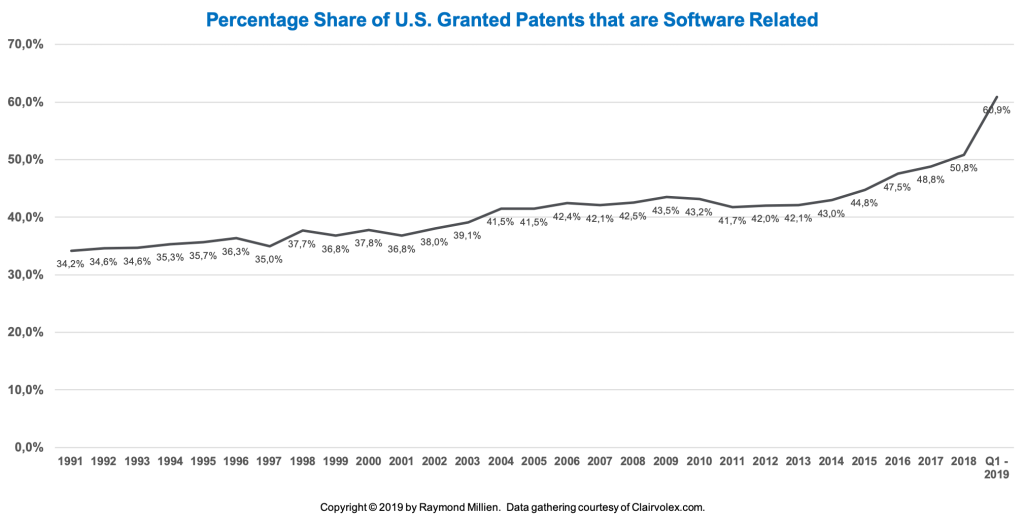
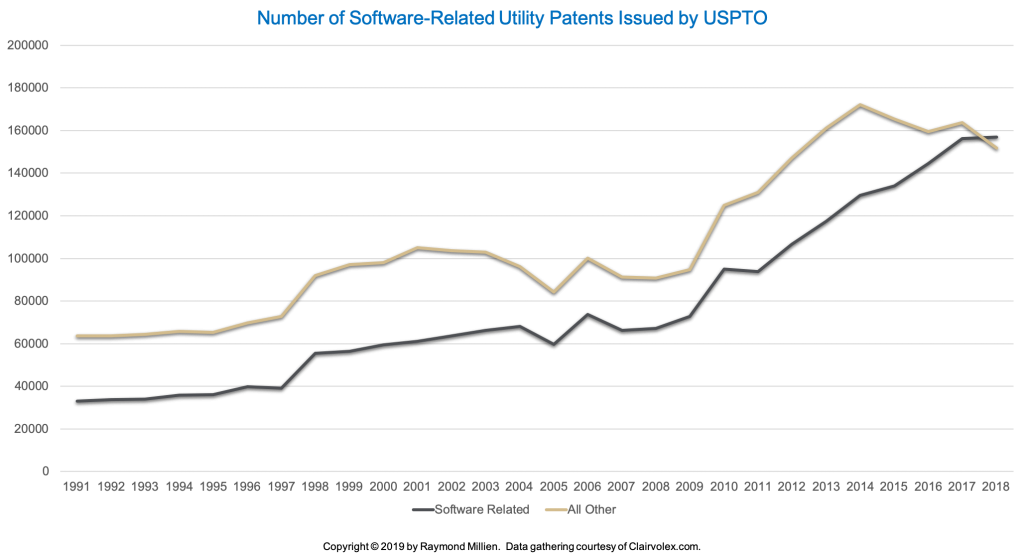

![[IPWatchdog Logo]](https://ipwatchdog.com/wp-content/themes/IPWatchdog%20-%202023/assets/images/temp/logo-small@2x.png)

![[Advertisement]](https://ipwatchdog.com/wp-content/uploads/2026/02/Junior-AI-Feb-10-2026-sidebar-CLE-700x500-1.jpg)
![[Advertisement]](https://ipwatchdog.com/wp-content/uploads/2026/02/Anaqua-Feb-12-2026-sidebar-700x500-1.jpg)
![[Advertisement]](https://ipwatchdog.com/wp-content/uploads/2025/12/LIVE-2026-sidebar-regular-price-700x500-1.jpg)







![[Advertisement]](https://ipwatchdog.com/wp-content/uploads/2021/12/WEBINAR-336-x-280-px.png)
![[Advertisement]](https://ipwatchdog.com/wp-content/uploads/2021/12/Ad-4-The-Invent-Patent-System™.png)

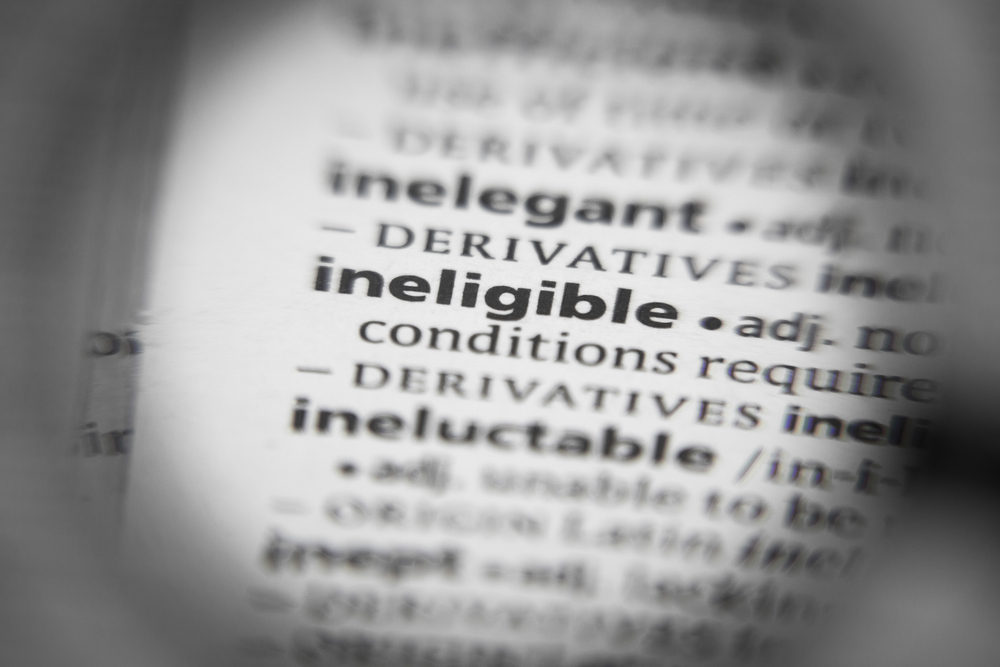
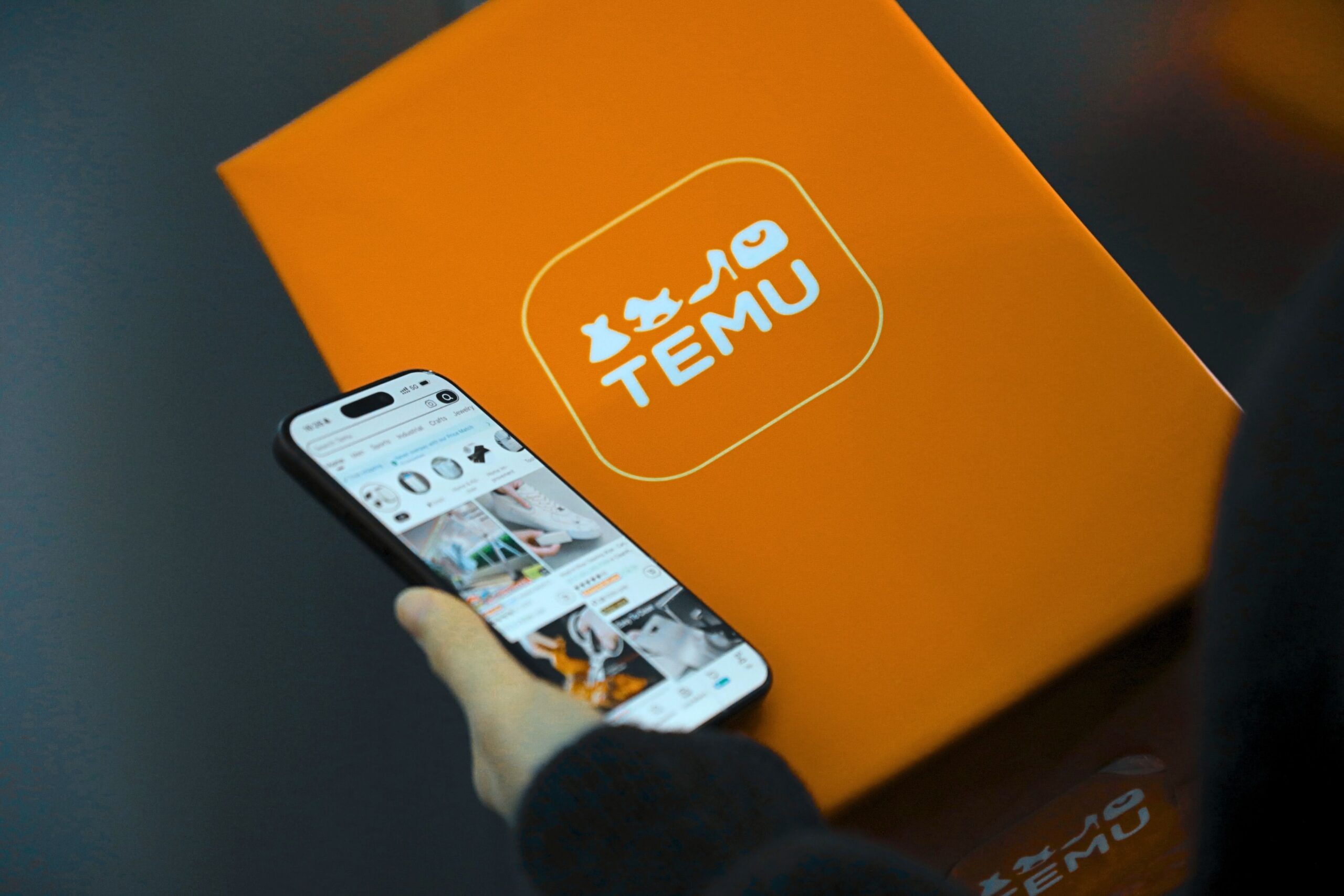


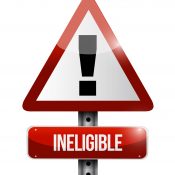
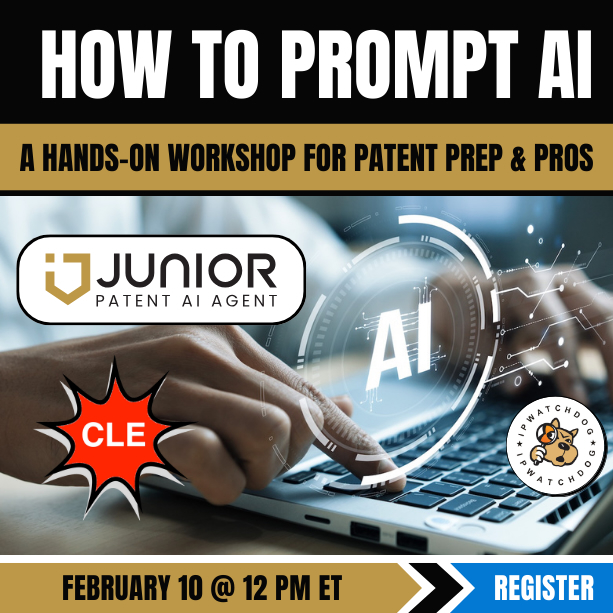
Join the Discussion
2 comments so far.
Night Writer
July 3, 2019 10:06 amAnd this is the information age. Information processing is the greatest innovation that is going on right now that is tied to both electrical circuits and software. Ginsburg’s statement that patents weren’t meant for things to do with people is probably the most ignorant statement ever made about patents by a justice.
And again (for those that believe that processing happens in the spirit world):
Information processing takes space, time, and energy. Conservation of information is probably the most important law of physics.
Anon
July 3, 2019 09:26 amA minor nit, but I prefer Kondratiev waves to “fourth industrial revolution”